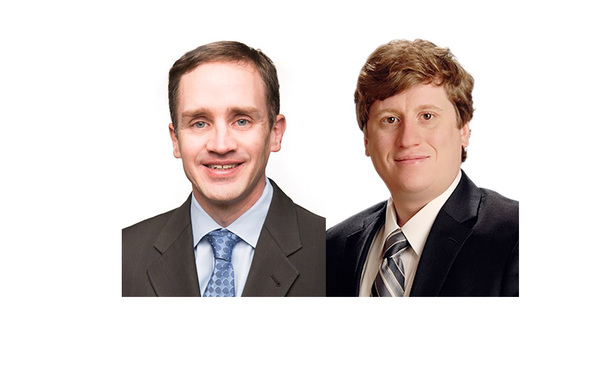While there have been numerous articles debating the merits of TC Heartland, this article instead assumes that the Supreme Court’s ultimate decision changes the venue standards for corporate defendants facing patent infringement actions. Several commentators have noted that defendants in many pending cases have already waived venue-based defenses. But some defendants have preserved these defenses, and patent owners will continue filing new patent infringement actions. Corporations should begin considering steps they can take to best position themselves for avoiding unwanted jurisdictions in a post-TC Heartland world.
For decades, corporations have grown accustomed to facing patent infringement lawsuits in district courts across the United States, with large case concentrations occurring within only a few venues. The rise in popularity of such districts has been attributed in part to the Federal Circuit’s 1990 decision in VE Holding, which tied venue to personal jurisdiction. Following VE Holding, patent owners have been able to bring patent lawsuits against corporations in any venue satisfying the “minimum contacts” standard established in the Supreme Court’s International Shoe decision and its progeny, see, e.g., North American Philips v. American Vending Sales, 35 F.3d 1576, 1577 n.1 (Fed. Cir. 1994), (noting that “the venue issue is subsumed in the personal jurisdiction issue”). In practice, this standard has been relatively easy to satisfy, see, e.g., ATEN International v. Emine Technology, 261 F.R.D. 112, 121 (E.D. Tex. 2009), (“As has been discussed, Emine’s placement of its products into the stream of its commerce with its intention that those products be sold around the U.S. subjects it to personal jurisdiction in Texas.”). The battlefield has thus shifted to defendants seeking transfer from the patent owner’s chosen district pursuant to 28 U.S.C. Section 1404. Defendants have sometimes found even this relief unavailable absent a successful petition to the Federal Circuit for a writ of mandamus, see, e.g., In re Google, No. 2017-107, (Fed. Cir. Feb. 23).
This content has been archived. It is available through our partners, LexisNexis® and Bloomberg Law.
To view this content, please continue to their sites.
Not a Lexis Subscriber?
Subscribe Now
Not a Bloomberg Law Subscriber?
Subscribe Now
LexisNexis® and Bloomberg Law are third party online distributors of the broad collection of current and archived versions of ALM's legal news publications. LexisNexis® and Bloomberg Law customers are able to access and use ALM's content, including content from the National Law Journal, The American Lawyer, Legaltech News, The New York Law Journal, and Corporate Counsel, as well as other sources of legal information.
For questions call 1-877-256-2472 or contact us at [email protected]



